APOSTOLOS NAKAS THORACIC SURGEON
Clinical Excellence in Thoracic Surgery
+44 116 265 3614
 |  | ![PMC3271046_1475-925X-10-110-7[1].png](https://static.wixstatic.com/media/f7f74b_b8006729db1d4d57994730cb8d910b53~mv2.png/v1/fill/w_250,h_334,al_c,q_95,enc_auto/f7f74b_b8006729db1d4d57994730cb8d910b53~mv2.png) |  | 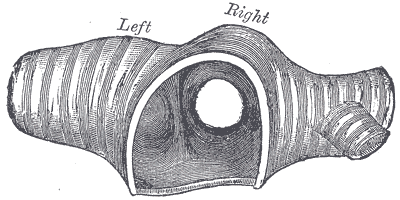 |  | 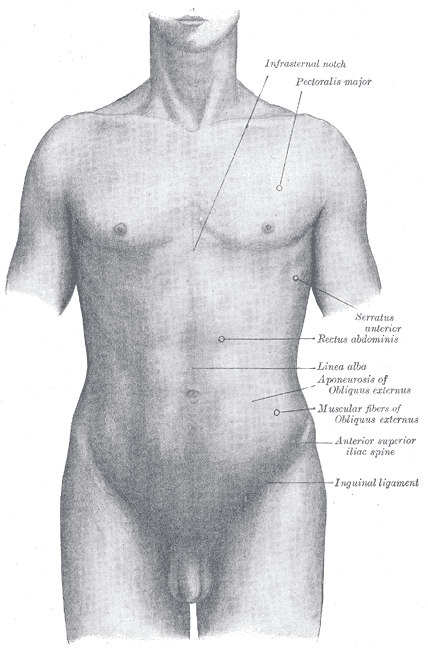 |  | 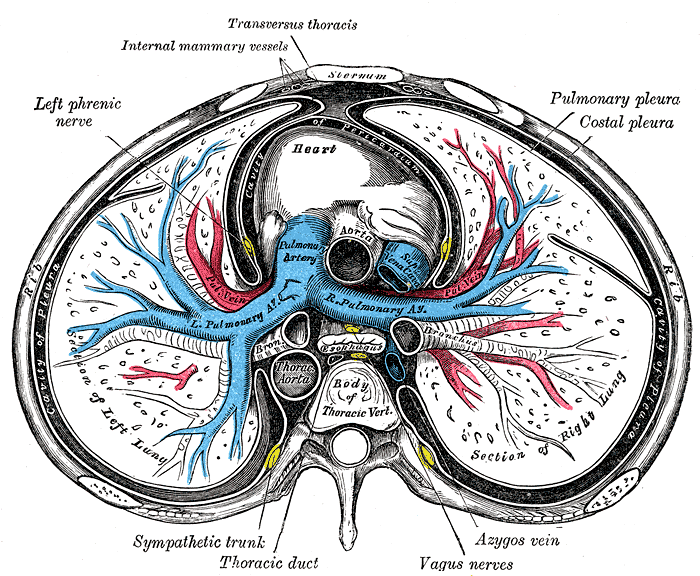 |
|---|---|---|---|---|---|---|---|---|
 | 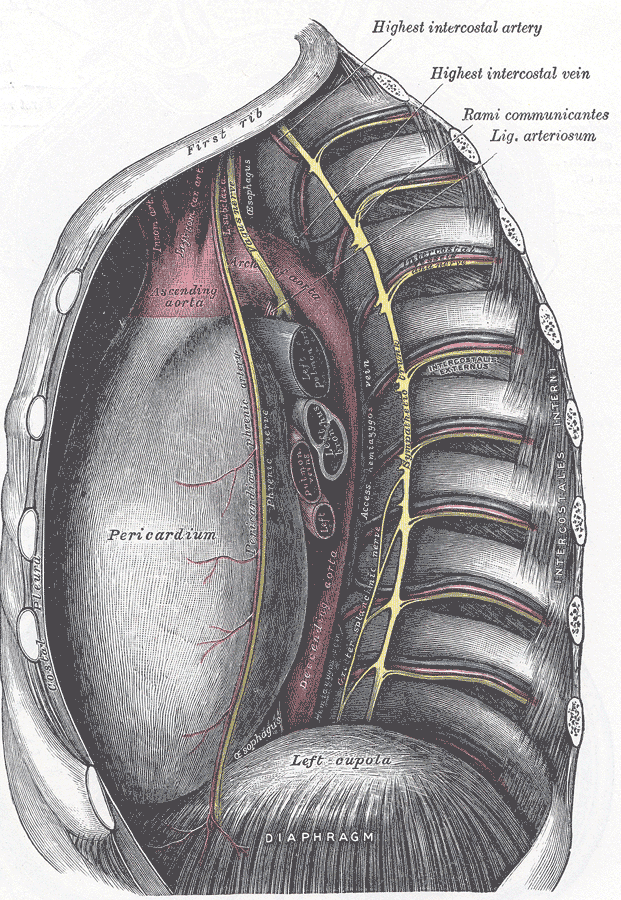 |  | 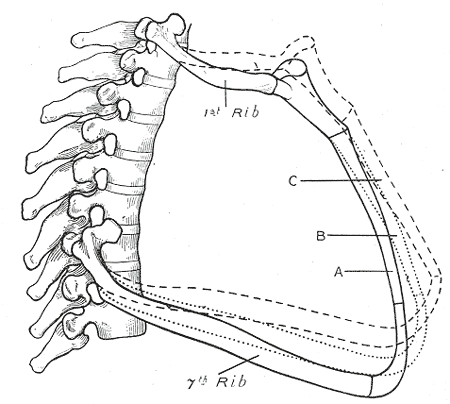 |  | 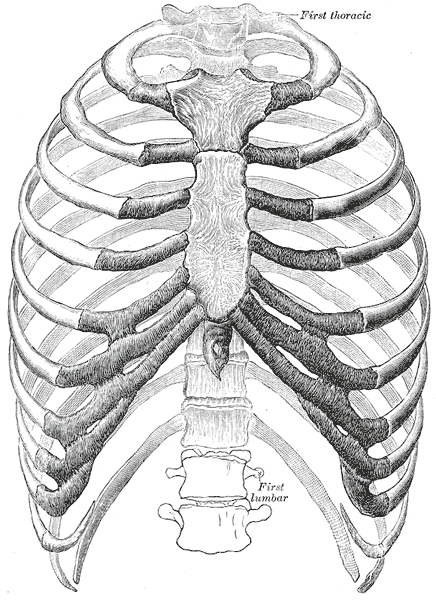 |  | 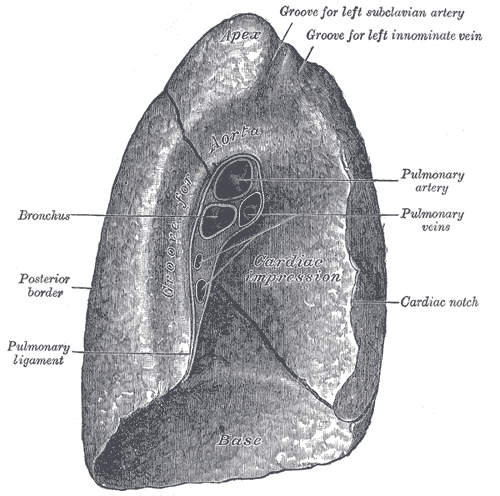 |  |
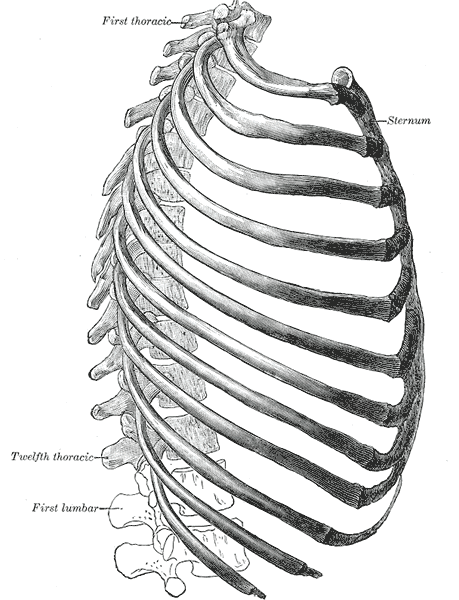 |  | 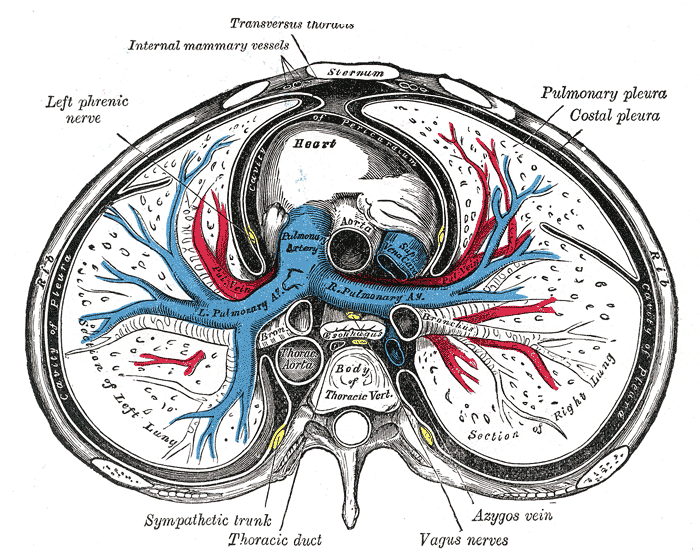 |  | 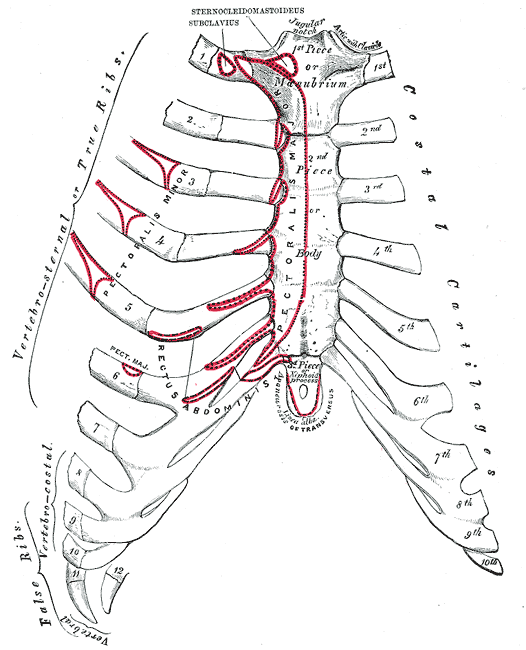 |  |  |  |  |
 |  |  |  |  |  |  |  |  |
 |  |  |
Consultant Thoracic Surgeon
MR APOSTOLOS NAKAS
Private Practice at Spire Leicester Hospital
NHS Practice at Glenfield Hospital, University Hospitals of Leicester NHS Trust
Medical Practice
WHO I AM
I’ve been a practicing Consultant Thoracic Surgeon for Leicestershire and the surrounding counties since 2007 .
I’m a highly trained Thoracic Surgeon and provide an array of comprehensive services and procedures within my field with specialist interest in management of Thoracic Cancers.
Please read on to learn about my medical and academic background.

ABOUT ME
A passion for Medicine in general and Thoracic Surgery in particular led me into a career that allows me to provide my patients with high quality healthcare.
I trained in General and Cardio Thoracic Surgery in Thessaloniki Greece, London, Sheffield and Leicester.
As a Consultant Thoracic Surgeon with University Hospitals of Leicester since 2007 and Spire Leicester Hospital since 2013, I bring a holistic approach to medicine in order to find comfortable and effective solutions for everyone. My motto is Clinical Excellence in Thoracic Surgery.
I am a core member of the Leicester Thoracic Oncology Teams and my NHS practice covers Leicestershire, Rutland and parts of Cambridgeshire and Lincolnshire and the East Midlands as well as the whole of the UK for specialised services.
Alongside my clinical practice I am the Deputy Clinical Director for RRCV ( Renal Respiratory and Cardiovascular) CMG (Clinical Management Group) of University Hospitals of Leicester and actively involved in research and clinical trials.
I am also the Lead for Mesothelioma of the East Midlands Lung Cancer and Mesothelioma Expert Clinical Advisory Group.
I am an Honorary Fellow and Academic Champion for Thoracic Surgery within the College of Medicine, Biological Sciences and Psychology, University of Leicester , a recognised trainer and member of the Training Committees for Core and Specialist (Cardiothoracic) training of Health Education East Midlands.
I am a member of:

MEDICAL SERVICES

Surgery for Lung Cancer
Lung Cancer is a leading cause of death among cancers. Although strongly associated with cigarette smoking, the incidence of the disease is increasing in non smokers. Early diagnosis and treatment is paramount in achieving good outcomes. Surgery is the treatment modality associated with the highest chances of long term survival and curative potential.
My life long interest in Thoracic Oncology and years of training and service in specialized departments provided me with the foundation to build a Thoracic Surgical Oncology practice that deals with even the most complex of problems focusing on what is important: maximizing the potential for cure for one of the deadliest cancers afflicting humans: Lung Cancer.
I have an excellent track record of dealing with even the most complex of Lung Cancer cases and perform the full gamut of curative as well as palliative procedures. As a co investigator in landmark multi-centre trials for this disease I have established links with leading Oncologists and Respiratory Physicians in the field and we can provide a comprehencive service that will aim to address all the patients' needs.

Surgery for Mesothelioma
Mesothelioma is cancer of the lining of the chest and lung associated with exposure to asbestos. Although invariably fatal, surgery as part of multimodality treatment might control symptoms and improve survivorship.
Malignant Pleural Mesothelioma is the disease I have dedicated most of my research efforts and constitutes a significant part of my Thoracic Surgical Oncology Practice. I have a considerable experience in all surgical procedures employed in the management of the disease as well as the multi modality treatments available.

Pulmonary Metastasectomy
Resection of metastatic disease to the lungs has the potential to interrupt the metastatic cascade and improve survival of patients with stage IV cancers such as colorectal, renal, breast and other primary sites.
Progression of neoplastic disease beyond the primary site should necessarily be associated with terminal disease. Resection of metastatic disease and interruption of the metastatic cascade as a part of multimodality treatment might prolong survival in some cases. In close collaboration with other surgical specialties as well as Medical and Clinical Oncologists who will use chemotherapy and radiotherapy to control disease, the aim is to eradicate disease where possible and palliate symptoms if complete eradication is not feasible.

Airway Interventions
Diagnostic and Interventional Bronchoscopy
Diagnostic bronchoscopy is the diagnostic examination of the airways and the lungs using a bronchoscope. It is employed in investigating a number of neoplastic, traumatic and inflammatory diseases of the airways and the lungs such as lung cancer, haemoptysis and airway narrowing from benign or malignant causes.
Laser ablation of airway tumours and airway stenting is employed to prevent array obstruction and facilitate further treatment.

Surgery for Pneumothorax
Primary Pneumothorax is the collapse of the lung due to a rupture of small areas of weakness in the lungs' surface resembling blisters (bullae)which allow air to escape between the lung and the chest wall.
Secondary Pneumothorax is the same condition occurring because of rupture of larger areas of weak lung tissue associated most frequently with emphysema.
Primary pneumothorax occurs most frequently in young people and will require surgical management if certain criteria are met. Most experts agree that 2 or more episodes of spontaneous collapse are an indication for surgery.
Secondary pneumothorax can be corrected with surgery as well but the management can be more complicated because of the underlying lung damage secondary to emphysema.
In the majority of the cases surgery is minimally invasive resection of the bullae and induction of adhesion of the lung to the chest wall (pleurodesis) to prevent recurrence.

Chest Wall and Diaphragm Surgery
Chest wall tumours can be either primary (sarcoma, neurogenic tumours) or secondary (invasion from lung cancer, mesothelioma).
Diaphragmatic surgery corrects diaphragmatic defects (hernias), paralysed diaphragms as well as traumatic diaphragmatic ruptures.
Chest wall resection and reconstruction is used in all the appropriate oncological conditions (primary or secondary invasion of chest wall).
Diaphragmatic hernia repair is used to repair congenital or traumatic diaphragmatic defects.
Diaphragmatic plication is used to correct diaphragmatic paralysis which is usually a consequence of phrenic nerve injury.

Thymectomies and Mediastinal Surgery
The thymus is a gland behind the sternum (breastbone) that helps us develop our immune system in childhood. Tumours arising from it are best treated with radical resection with adjuvant radiotherapy and chemotherapy when necessary.
Thymectomy (resection of the thymus ) is employed to treat thyme tumours as well as Myasthenia Gravis: resection of thymus in selected patients is associated with improvement in symptoms of myasthenia.
Other thymic tumours will require surgery either for diagnosis (lymphomas, germ cell tumours) or treatment after other treatment, such as resection of residual germ cell tumours after chemotherapy.
Frequently asked questions
Website Medical Disclaimer
(1) No Advice:
This website contains general information about medical conditions and treatments. The information is not advice, and should not be treated as such.
(2) No Warranties:
The medical information on this website is provided without any representations or warranties, express or implied. We make no representations or warranties in relation to the medical information on this website.
Without prejudice to the generality of the foregoing paragraph, we do not warrant that:
(a) the medical information on this website will be constantly available, or available at all; or
(b) the medical information on this website is complete, true, accurate, up-to-date, or non-misleading.
(3) Professional Assistance:
You must not rely on the information on this website as an alternative to medical advice from your doctor or other professional healthcare provider. If you have any specific questions about any medical matter you should consult your doctor or other professional healthcare provider. If you think you may be suffering from any medical condition you should seek immediate medical attention. You should never delay seeking medical advice, disregard medical advice, or discontinue medical treatment because of information on this website.
(4) Limiting Our Liability:
Nothing in this medical disclaimer will:
(a) limit or exclude our liability for death or personal injury resulting from negligence;
(b) limit or exclude our liability for fraud or fraudulent misrepresentation;
(c) limit any of our liabilities in any way that is not permitted under applicable law; or
(d) exclude any of our liabilities that may not be excluded under applicable law.
(5) This Disclaimer:
This medical disclaimer was made using a precedent created by SEQ Legal and available on Website Law.
CONTACT
Spire Leicester Hospital, Gartree Road, Oadby, Leicester LE2 2FF
+44 116 265 3614

